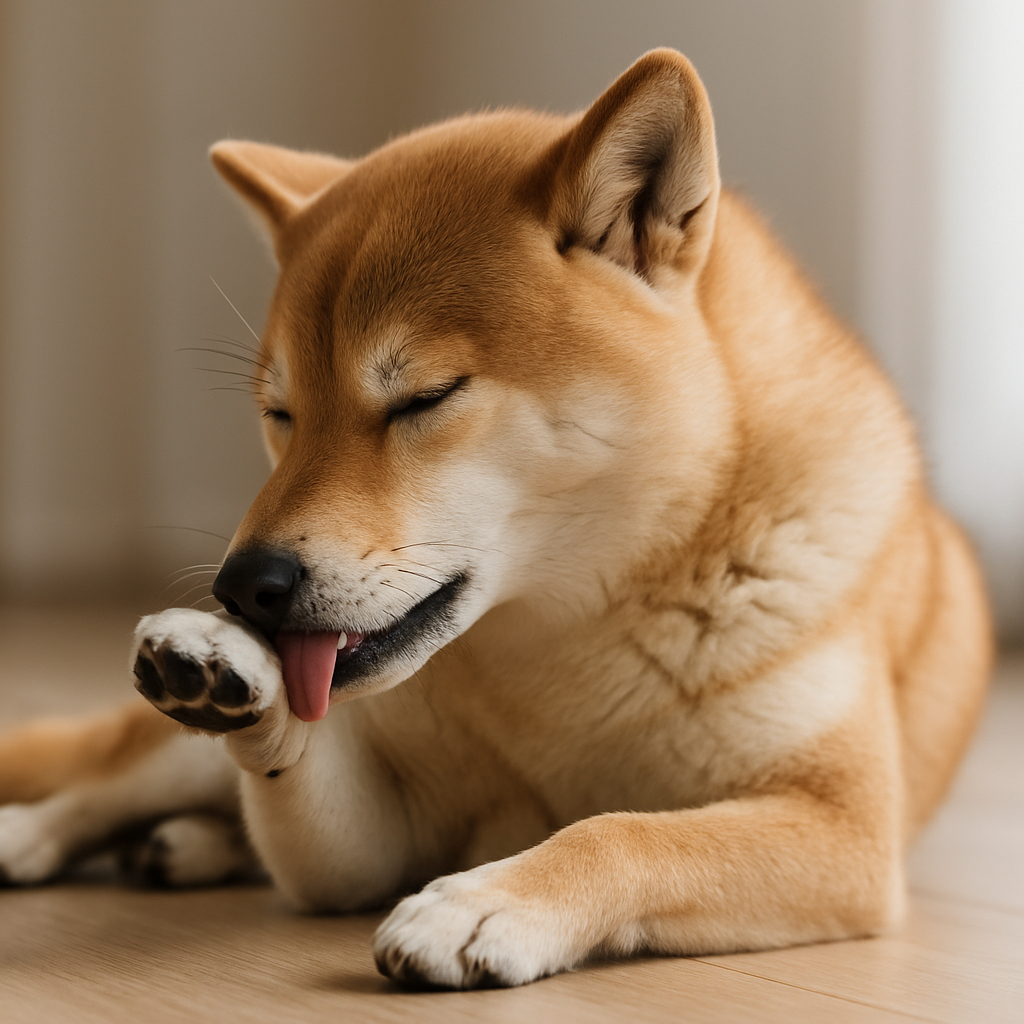The Independent Thinkers: A Guide to Owning a Shiba or Akita
Share
If you imagine a dog that greets every command with unwavering obedience and lives for your every word, think again. Step into the world of the Japanese Spitz breeds—the Shiba Inu and the Akita. Hailing from ancient lineages, these dogs are not just pets; they are dignified, intelligent companions who choose to live alongside you. Often described as having a "primitive" or wolf-like intelligence, they are a world away from the eager-to-please nature of many popular breeds, offering a unique and deeply rewarding experience for the right owner.

The "Cat-Like" Canine: Understanding Their Independence
One of the most common descriptions you'll hear for a Shiba or Akita is "cat-like," and it’s remarkably accurate. This independence is a core part of their temperament. They are self-possessed, often aloof with strangers, and are not the type to demand constant cuddles. Instead, affection is typically offered on their own terms. They are also meticulous self-groomers, frequently licking their paws and coats clean, which contributes to their reputation for being exceptionally clean housemates.
While generally quiet and watchful, they have unique vocalizations. The Akita is a silent guardian, but the Shiba is famous for the "Shiba scream"—a high-pitched, human-like yell produced when they are highly displeased with a situation, like a nail trim or a bath they didn't approve of.

A Tale of Two Spitz: Shiba Inu vs. Akita
Though they share a common heritage and independent nature, the Shiba and Akita are distinct breeds with different needs and personalities.
- The Shiba Inu: The smaller of the two, the Shiba is a fox-like dog with a bold, fiery, and charming personality. They pack a huge attitude into a small body and are known for their energy and mischievous intelligence. They are alert and agile, carrying themselves with a confident swagger.
- The Akita: A larger, more powerful and muscular guardian, the Akita is a symbol of courage and dignity in Japan. Their protective instincts are far more pronounced, and they are profoundly loyal to their family while being reserved and wary of strangers. It's also worth noting the distinction between the Japanese Akita Inu, with its foxy face, and the larger, bear-headed American Akita.
Not for the Faint of Heart: The Demands of Ownership
Owning one of these breeds is a commitment that requires more than just love; it requires understanding and respect for their unique nature. They are not for first-time owners.
Training: These dogs are highly intelligent, but they use that intelligence for their own ends. They do not have a built-in desire to please. Training requires immense patience, creativity, and a "what's in it for me?" approach using positive reinforcement. They shut down completely with harsh methods.
Socialization: This is the most critical aspect of raising a Shiba or Akita. Early, extensive, and continuous socialization is non-negotiable to help temper their natural wariness of strangers and potential reactivity towards other dogs. Without it, they can become overly suspicious and difficult to manage.
Prey Drive: Their primitive background comes with a very strong prey drive. They should never be trusted off-leash in an unsecured area, as their instinct to chase is powerful and can override any training.
The Unwavering Bond: Loyalty to Their Inner Circle
Herein lies the ultimate reward of owning a Shiba or an Akita. While they may be aloof with the outside world, their devotion to their family—their inner circle—is absolute and profound. The legendary story of Hachikō, the Akita who waited for his owner at a train station for over nine years after his owner's death, is a testament to this breed's incredible loyalty.
They show affection in their own, often subtle, ways: a quiet lean against your legs, resting their head on your lap, or a playful grunt. This earned loyalty is a powerful, unspoken bond that owners of these breeds cherish deeply.
Is an Independent Thinker Right for You?
Shibas and Akitas are not the right dogs for everyone. They are a poor choice for novice owners or anyone seeking a social butterfly that loves all people and dogs. The ideal owner is patient, confident, experienced, and, above all, respects the dog's need for space and their independent mind.
If you can provide that understanding and leadership, you will be rewarded with a companion of unparalleled loyalty, cleanliness, and quiet dignity—a true friend who walks beside you, not behind you.
